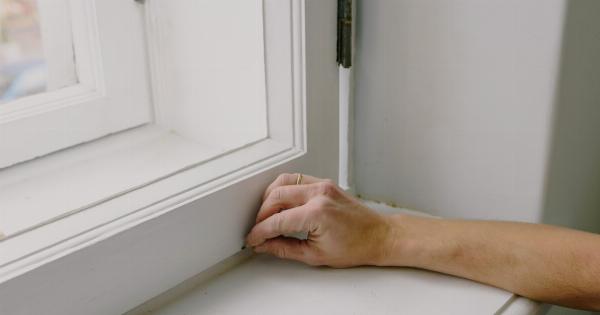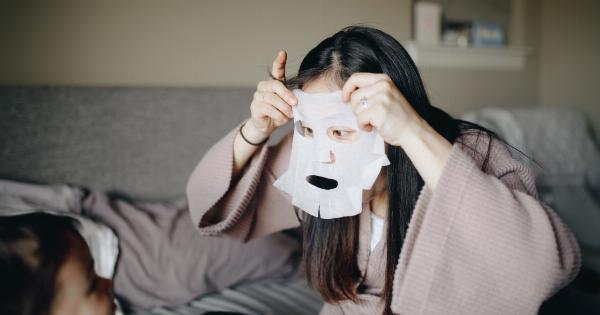Snoring is a common problem that affects many people around the world. Not only can it disrupt your sleep, but it can also cause tension in relationships and lead to daytime fatigue.
If you’re looking for snoring relief, you’ve come to the right place. In this ultimate guide, we will explore various methods and techniques to help you reduce or even eliminate snoring entirely. Let’s dive in!.
Understanding Snoring
Before we delve into the remedies, it’s important to understand why snoring occurs in the first place. Snoring happens when the flow of air through the mouth and nose is partially blocked during sleep.
This blockage can be caused by various factors, such as:.
- Nasal congestion or allergies
- Obesity
- Alcohol consumption
- Smoking
- Sleeping position
- Enlarged tonsils or adenoids
Snoring Relief Techniques
Now that you understand the common causes of snoring, let’s explore some tried and tested techniques to provide you with snoring relief.
1. Maintain a Healthy Weight
Obesity is a common contributor to snoring. Losing excess weight can significantly reduce snoring or even eliminate it completely.
Engage in regular exercise, eat a balanced diet, and focus on maintaining a healthy weight to experience relief from snoring.
2. Sleep on Your Side
Many people tend to snore more when they sleep on their backs. Try sleeping on your side to open up your airways and reduce snoring. You can also use specialized pillows or products that encourage side-sleeping for added support.
3. Keep Your Nasal Passages Clear
Nasal congestion or allergies can contribute to snoring. Use saline nasal sprays or nasal strips to keep your nasal passages clear and minimize snoring. Additionally, dust and vacuum your bedroom regularly to reduce allergens.
4. Limit Alcohol and Smoking
Alcohol and smoking can relax your throat muscles, leading to an increase in snoring. Limiting alcohol consumption, especially before bedtime, and quitting smoking altogether can have a positive impact on your snoring.
5. Stay Hydrated
Dehydration can make snoring worse by thickening the mucus in your nasal passages. Drink plenty of water throughout the day to keep yourself hydrated and reduce the risk of snoring.
6. Elevate Your Head
Using an extra pillow or elevating the head of your bed can help open up your airways and reduce snoring. Experiment with different pillow heights or consider using a specially designed wedge pillow for optimal elevation.
7. Try Oral Appliances
Oral appliances, such as mandibular advancement devices, can be effective in reducing snoring. These devices are worn in the mouth during sleep and work by repositioning your jaw to keep your airway open.
8. Explore Home Remedies
Several home remedies have been found to provide relief from snoring. These include singing exercises, steam inhalation, regular throat and tongue exercises, and using essential oils like eucalyptus or peppermint to clear nasal congestion.
9. Consult a Medical Professional
If your snoring persists despite trying various self-help remedies, it’s essential to consult a medical professional. They can identify any underlying causes of your snoring and recommend appropriate treatments or interventions.
10. Consider Surgical Options
In severe cases where snoring is caused by structural issues like enlarged tonsils or deviated septum, surgical interventions may be recommended. Procedures such as tonsillectomy, adenoidectomy, or septoplasty can help eliminate snoring for good.
Conclusion
Snoring can significantly impact your sleep quality and overall well-being. By implementing the techniques mentioned in this ultimate guide, you can find relief from snoring and enjoy restful nights once again.
Remember, each person’s snoring may have different underlying causes, so it’s important to explore various remedies and consult a healthcare professional if needed. Say goodbye to snoring and hello to peaceful sleep!.





























